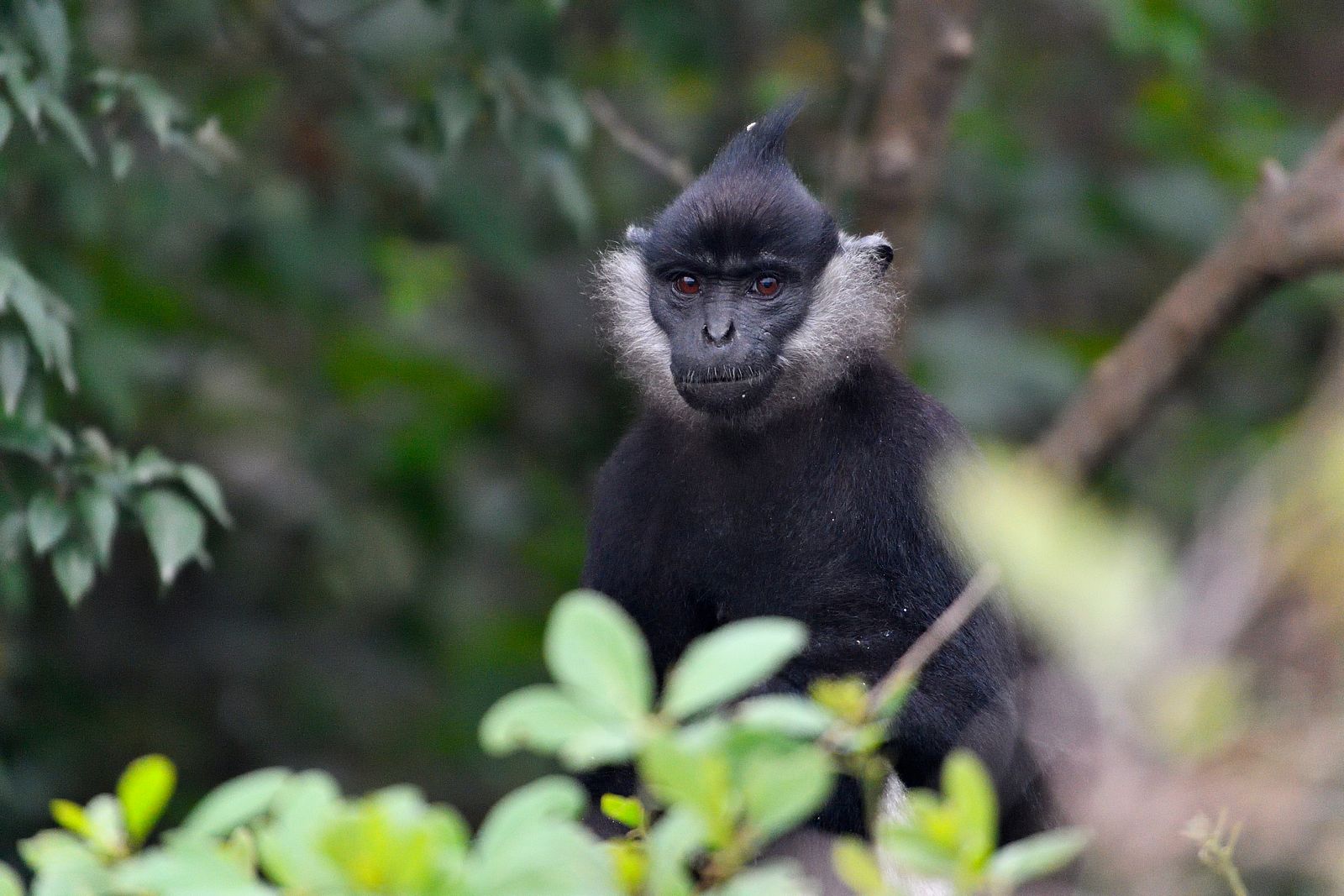The first survey analyzing public opinion about the connection between COVID-19 and the wildlife trade in Asia shows widespread support for the elimination of wildlife markets.
Dan Tri reported on the new research conducted by the World Wildlife Fund (WWF) between March 3 and 11. The survey included 5,000 participants in Vietnam, Hong Kong, Japan, Myanmar, and Thailand. Overall, 82% of respondents feel very worried about the outbreak and 93% support governments taking action to ensure the closure of illegal or unregulated wildlife markets.
Of the 1,000 individuals surveyed in Vietnam specifically, 90% of participants are in favor of the government shuting down these markets. The study showed 49% of Vietnamese surveyed to be extremely worried about the coronavirus outbreak, and 38% reported that they perceive the closure of illegal or unregulated wildlife markets to be a very effective measure to stop the spread of future pandemics.
Another 72% said they have not bought any wildlife products in an open wildlife market in the past 12 months, and 53% reported that they never consume wildlife products. Further, 66% stated that it is very unlikely that they will purchase wildlife products in the future.
According to the same Dan Tri article, this growing concern in regards to the selling of wildlife must be seen in the context of the COVID-19 pandemic, which the World Health Organization (WHO) has confirmed to be a zoonotic disease, meaning that it jumped from wildlife to humans.
Other major health concerns in recent memory have been passed from animals to humans in a similar manner, such as Ebola, SARS, and MERS. In fact, 61% of human pathogens come from animals, and it is not a stretch to see how the wildlife trade is a serious contributing factor to the spread of potentially deadly diseases.
Animal-to-human contagion isn't the only reason to be concerned about the wildlife trade, as it has a major impact on the decline of biodiversity globally. In fact, it is the second-biggest threat after habitat destruction.
A 2019 survey by the Intergovernmental Science-Policy Platform on Biodiversity and Ecosystem Services (IPBES) concluded that 25% of earth's species are threatened by extinction. Robert Watson argues in The Guardian that the decrease in biodiversity is not only an environmental issue, but one that is inherently tied to development, the economy, security and equity, as well as social and moral issues.
Considering that Vietnam is a hotspot for wildlife trafficking and that the local natural environment and biodiversity have been so impacted by economic development in Vietnam, the issue of wildlife protection should be top of mind for a variety of concerns; the health of the country's citizens of course being of utmost concern in these worrisome pandemic days.
[Photo: a caged civet with a wounded limb. Photo courtesy of ENV]














